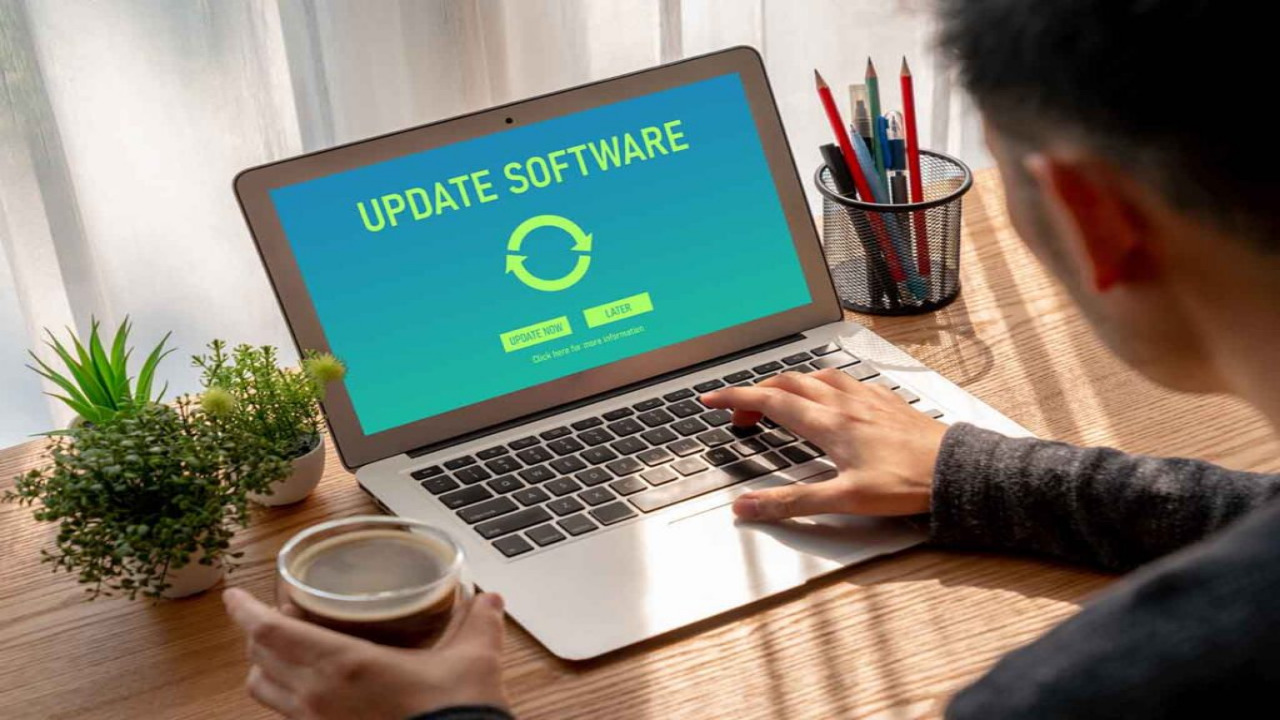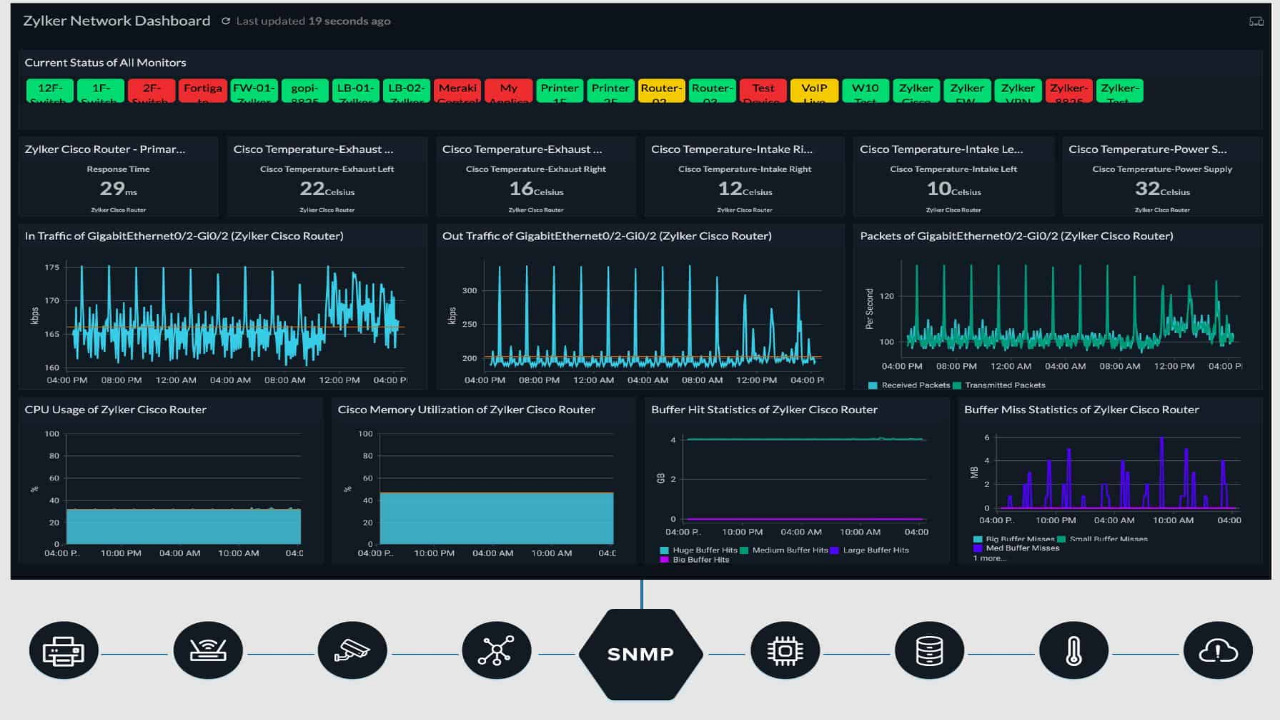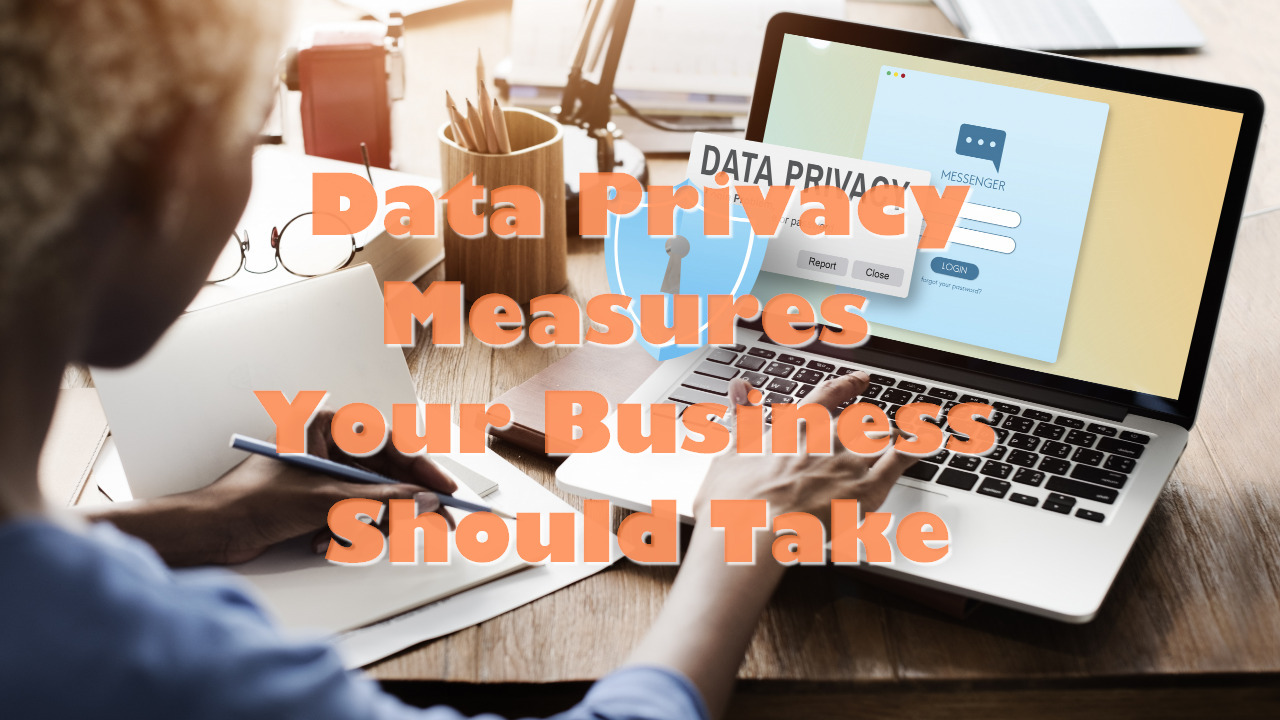Wondering what is privacy by design? Here are some useful information and data privacy measures that your business should take:
Encrypt Data

Encryption is the process of converting data into a code that only authorized parties can decipher. By encrypting sensitive data, businesses can ensure that even if data is breached, the information will remain unreadable to hackers. Encrypting data is a powerful security measure that should be implemented throughout a company’s data storage infrastructure.
Implement Access Control

Access control is the process of managing who has access to sensitive data. Businesses should ensure that only authorized personnel have access to sensitive data and that access is granted on a need-to-know basis. Implementing access controls can prevent unauthorized access and accidental exposure of sensitive data.
Regularly Update Software

Software updates often include security patches that address vulnerabilities in software systems. Regularly updating software can help prevent cyber attacks, as hackers often exploit known vulnerabilities. Additionally, outdated software can be a liability and pose a significant risk to data privacy.
Train Employees

Employees are often the weakest link in data privacy. It is important to train employees on data privacy best practices, including how to identify and report potential cyber threats. This can include training on how to create strong passwords, how to identify phishing attempts, and how to properly dispose of sensitive data.
Monitor Networks

Monitoring networks for unusual activity can help identify potential security breaches early. Implementing network monitoring tools can provide businesses with real-time alerts of suspicious activity, enabling them to respond quickly and prevent data loss.
Conduct Regular Audits

Conducting regular audits of data privacy measures can help identify potential vulnerabilities in a company’s data storage infrastructure. This can include reviewing access controls, monitoring network activity, and assessing software updates. Regular audits can help businesses stay ahead of potential cyber threats and ensure they are meeting data privacy requirements.
Create a Data Breach Response Plan

Despite implementing data privacy measures, data breaches can still occur. It is important to have a data breach response plan in place to ensure a timely and effective response. A response plan can include steps to identify the cause of the breach, contain the breach, and notify affected parties.
In conclusion, data privacy is a critical concern for businesses, and implementing data privacy measures is essential to protect sensitive data. By encrypting data, implementing access control, regularly updating software, training employees, monitoring networks, conducting regular audits, and creating a data breach response plan, businesses can significantly reduce their risk of data breaches and maintain the trust of their customers.
